Abortion is the new front line in US culture wars
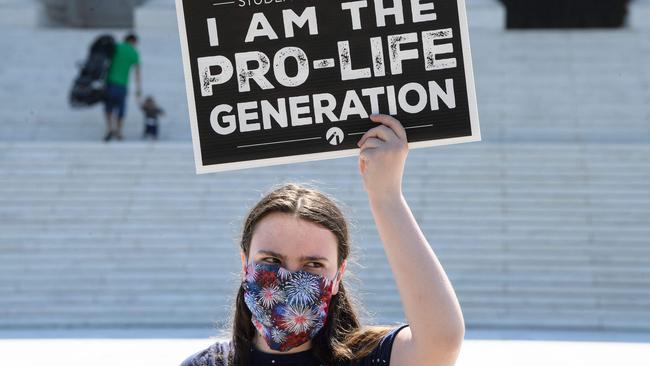
As a result of these and other restrictions there is only one abortion clinic in the state. It is consequently easier for someone with a history of mental illness to bring an assault rifle into a McDonald’s than for a mature woman to procure a termination of an unwanted pregnancy.
That’s now. If the politicians who run the state get their way, it will become virtually impossible to obtain an abortion under almost any circumstances.
Earlier this week the process was set in motion whereby Mississippi and like-minded states could become entitled to prohibit all terminations.
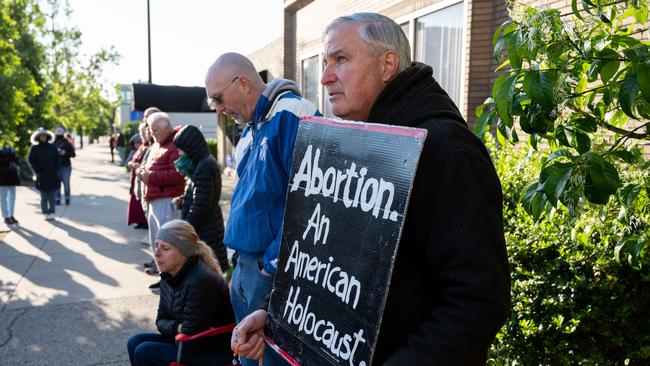
On Monday the US Supreme Court said that when it came back from the summer break it would entertain the case of Dobbs v Jackson Women’s Health Organisation. This case originated in an attempt by Mississippi to ban any abortion of a foetus deemed to be more than 15 weeks in gestation. That law was struck down by a lower court as being unconstitutional according to a series of landmark judgments originating in the Supreme Court Roe v Wade ruling, which is nearly 50 years old. In entertaining an appeal against the lower court the Supreme Court is in effect preparing to rule again on whether a woman has a right to a termination under certain common circumstances, or whether no such right exists.
It’s a paradox. Donald Trump managed to be in a position to nominate three out of nine Supreme Court justices in his term of office. Though an unlikely moralist, his choices, confirmed by a Republican Senate, were all religiously conservative. The last one, Amy Coney Barrett, confirmed by the Senate during the election, had been an active campaigner against abortion rights.
In recent weeks a series of judgments by the court have been seen as “pro-religious” in the sense of strengthening the rights that those deemed to be religious have vis-a-vis ordinary citizens.
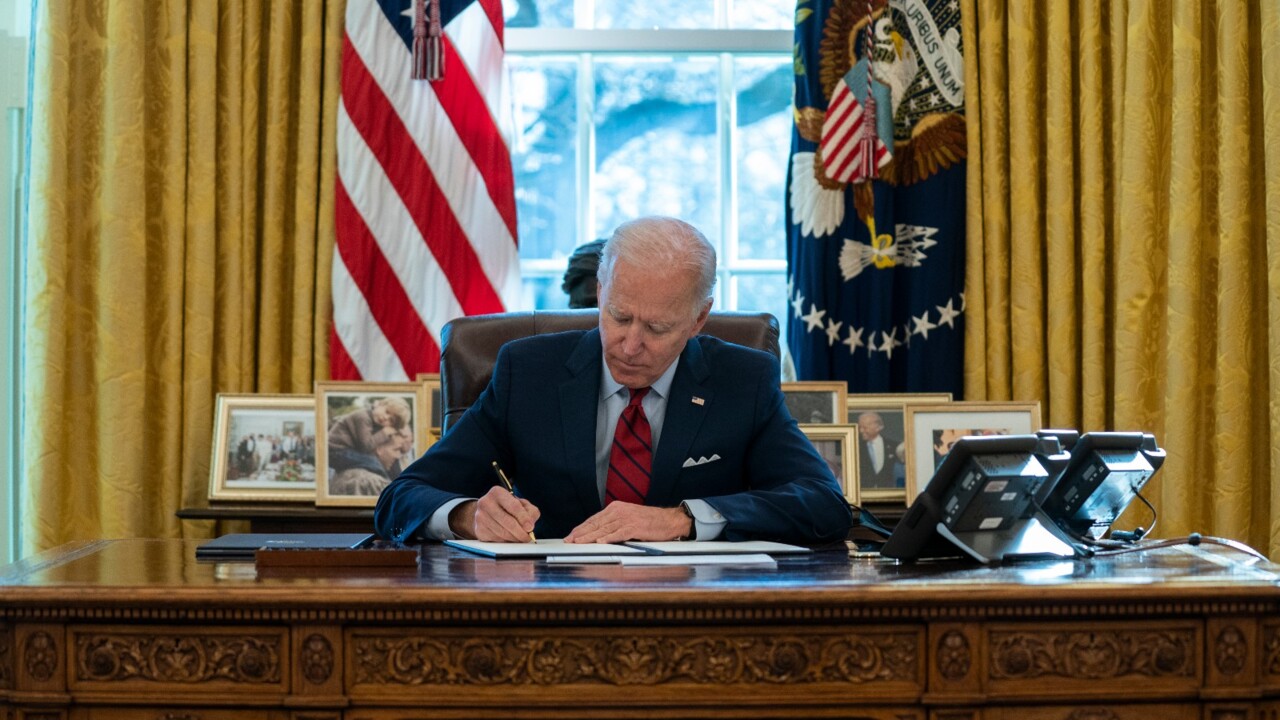
Yet these judgments come not at a time of growing religiosity in America but amid clear signs that there is a secular trend. In a study just before the pandemic, the Pew Research Centre reported on the results of surveys conducted in 2018 and 2019. “The religious landscape of the United States continues to change at a rapid clip,” concluded Pew. Ten years earlier 77 per cent of Americans had described themselves as Christians. Now it was 65 per cent. Those who professed no religious affiliation or belief had risen from 17 to 26 per cent.
Actually, maybe it’s not a paradox. It could of course be that it is exactly an uncomfortable perception of the secular trend that has caused some religious people to become so militant, not just in defence of their own faith but in the attempt to legislate the morals of others.
Let’s deal with the evidence about what the American people want in a moment and look first at what might be the consequences if the conservative majority on the Supreme Court rules in favour of the state of Mississippi and in effect strikes down Roe v Wade.
Ten states have “trigger laws” banning almost all abortion ready for implementation in the event of a positive ruling. Four have passed constitutional amendments declaring that public funds cannot be used on abortion. In Iowa a new law is set to ban abortions after the detection of a foetal heartbeat, which can happen as early as six weeks. (Remember that some women don’t even know they’re pregnant at six weeks.) Mississippi’s law does not allow exemptions even in the case of rape or incest.
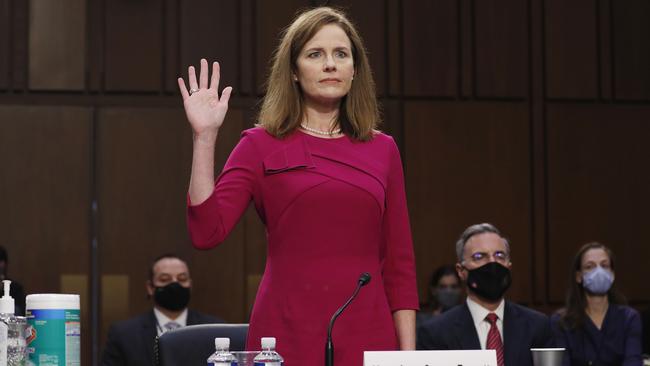
The consequences of such laws are obvious. Abortion numbers have fallen in recent years, along with numbers of pregnancies generally, but they haven’t fallen any faster in the states with most restrictions. Women don’t decide to have unwanted babies because evangelical preachers tell them they should. Not even the wives of evangelical preachers, I would guess. Beyond a certain point of prohibition the consequences will be abortion tourism and back-street abortion. On the first, it is interesting to speculate on whether the most determined legislatures will try to make travelling for an abortion illegal too. If you want to avoid unwanted pregnancies then by far the best approach involves easily available contraception and good, practical sex education. Regardless of the realities, what do the American people want? No poll that I have seen has suggested that a significant majority desire other than the status quo. They want Roe v Wade upheld but they don’t support the full rights of women to procure terminations that I would advocate. The American majority, however, is not what is now represented on the Supreme Court.
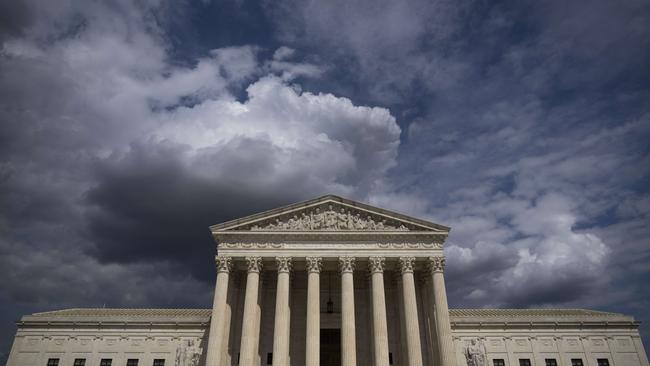
Abortion may have been the original great battle in the culture wars but its most militant soldiery in recent years has been on the anti side. Republicans deem the issue more important than Democrats and well-funded campaigns to restrict abortion rights are hugely visible.
This could be turned on its head by the Supreme Court ditching Roe v Wade. There’s also a Brexit lesson here. Before the referendum of 2016 there wasn’t an active, vocal pro-Europe constituency in Britain, outside the unserried ranks of the Liberal Democrats; 99 per cent of the passion on the subject was generated by anti-Europeans, whose arguments came to dominate discussion. With the referendum, that changed profoundly. Too late perhaps, but there is now a powerful pro-European body of sentiment in this country, far more motivated and active than has existed before.
Until now, in state after US state women have been able to procure terminations, or had the knowledge they could do so, due to Roe v Wade. One consequence of this may have been that they and their families have seen the issue as less urgent. The loss of those rights, like most losses, will change all that. These people may well represent the majority.
Ideologues go too far. It’s their downfall. “If you strike me down,” says Obi-Wan Kenobi in Star Wars, “I shall become more powerful than you can possibly imagine.” What does the religious right in America imagine?
The Times







You can’t say it often enough: America isn’t Britain. Take the state of Mississippi. There you can buy a machinegun without a background check and take it with you almost anywhere. However, should you want an abortion, then you must submit to counselling, including information aimed at changing your mind, you are forced to undergo an ultrasound and one of the safest, most commonly used forms of termination is prohibited.